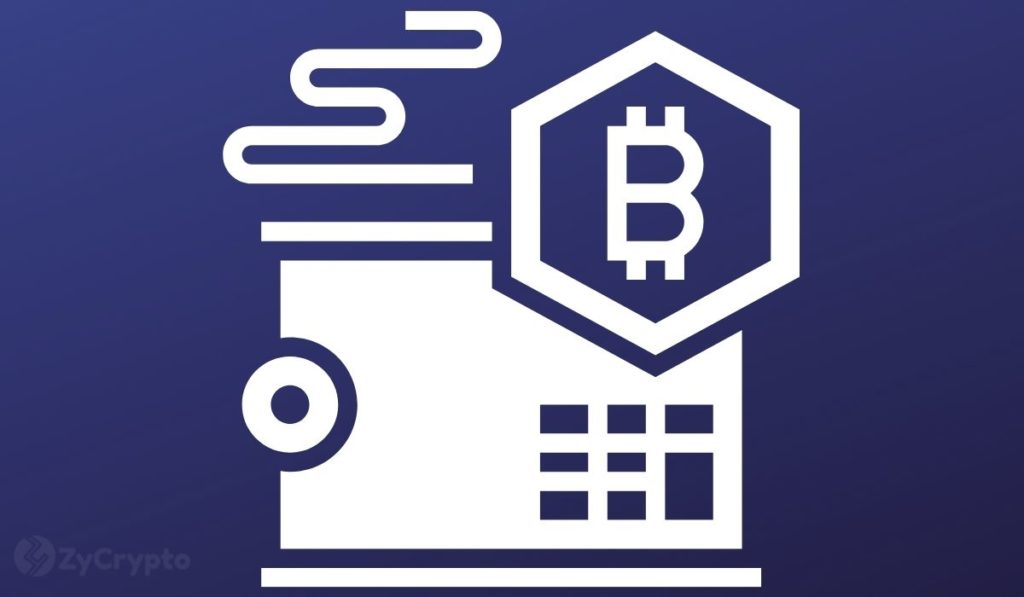2023-8-7 19:00 |
The countdown has begun for a significant shift in the world of cryptocurrencies as a new US law gears up to reshape the landscape. Set to be enacted on January 1, 2024, this regulation mandates American businesses to collect personal information from individuals conducting digital asset transactions exceeding $10,000.
While hailed as a step towards transparency and taxation, this law has ignited fierce debates, legal battles, and concerns surrounding the potential infringement of individual financial privacy.
Upcoming US Crypto Law Sparks DebateThe IRS (Internal Revenue Service) now mandates that American businesses must file Form 8300 and report crypto payments of over $10,000. While seen as a move towards transparency, it has sparked legal battles about individual financial privacy.
The IRS has extended its oversight to digital assets space in recent years, with regulations requiring income and gains reporting. In 2021, a $10,000 transaction threshold gained significance, triggering debates.
Given this, Coin Center, a crypto advocacy group, has taken the fight to regulators, suing the US Treasury Department over unlawful surveillance of Personal or Corporate bodies’ finances.
With a mission to defend the right of digital asset enthusiasts, Coin Center rebuked the provision of the bipartisan infrastructure bills of 2021 as “counterproductive and unconstitutional” toward cryptocurrency trades and transactions.
Jerry Brito, CEO of Coin Center, also affirmed in a tweet that appeal is a must if the law truly applies. He said, “This law will apply to all of us in six months, so time is of the essence, and we’ll be appealing to the Sixth Circuit right away.”
In 5 months, the January 2024 deadline approaches, and the crypto industry grapples with preparing for increased accountability while navigating complex tax and reporting landscapes.
It could be a new phase of equal advantage for both the US government and the crypto community at large.
Privacy Concerns vs. Tax Evasion Prevention: Striking A Delicate BalanceThe introduction of this law has triggered a divisive discourse within the cryptocurrency ecosystem. Advocates contend that this measure will bolster the battle against tax evasion and foster financial transparency.
However, detractors fear that the law could cast a shadow on individual privacy. This transparency could compromise the cherished anonymity often associated with decentralized finance protocols.
This tug-of-war between innovation and regulation embodies the broader tension surrounding emerging technologies. Additionally, the requirement may pose challenges for specific sectors, such as law firms, that receive cryptocurrency payments while grappling with the necessity of disclosing client identities to authorities.
origin »Bitcoin price in Telegram @btc_price_every_hour
Setcoin (SET) на Currencies.ru
|
|


































